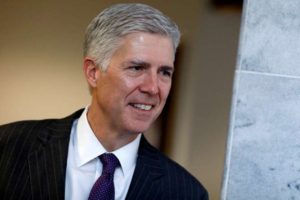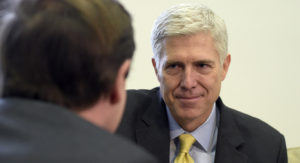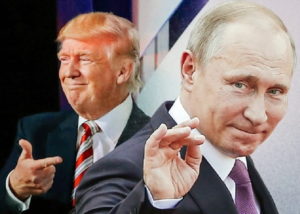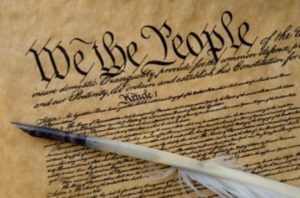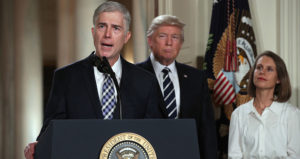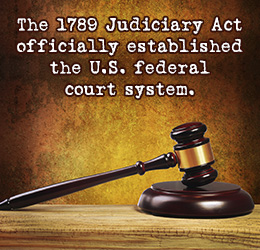Reuters News Agency has declared in a headline that Neil Gorsuch’s selection to the U.S. Supreme Court means the court’s “ideological balance” is at stake.
Excuse me for a moment while I clear my throat.
Cough, cough …
Um, no. It isn’t.
Judge Gorsuch has been tapped by Donald J. Trump to succeed the late Justice Antonin Scalia. As my dear old Dad would say, “It’s six to one, half-dozen to the other.”
Gorsuch is a conservative. So was Scalia. And yet, progressive thinkers are all a-flutter because Gorsuch, they say, according to Reuters, “that he is a pro-business, social conservative insufficiently independent of the president.”
Do they think Scalia would have been any different had he not died before Trump took office? Do they think Gorsuch is going to somehow become so persuasive in his opinions and writings that he is going to bring some progressive court justices to his side of an argument?
Let’s get a grip here.
Scalia was an iconic figure among judicial conservatives. It’s not yet clear whether Gorsuch will attain that kind of status if he gets confirmed to the Supreme Court.
My advice to Senate Democrats and their progressive allies in the judicial community is this: Save your ammunition for the day one of the high court’s liberal justices takes a hike.
Although I agree fully that Trump never should have been given the chance to replace Scalia. That task should have been fulfilled by his presidential predecessor, Barack Obama, who nominated an equally qualified jurist, Merrick Garland, to take his place on the high court. Senate Republicans played bald-faced politics, declaring that Obama didn’t have the right to appoint someone to the court; that task, they argued, belonged to the next president.
That’s utter horse manure. The GOP’s tactic worked. Trump got elected and now he has appointed a judicial conservative to the court — just as he pledged he would do.
As one who stands foursquare behind presidential prerogative on issues such as this, I recognize that elections have consequences.
One “consequence” of the 2016 election is that Trump has chosen a “well-qualified” jurist — in the words of the American Bar Association — to become the next Supreme Court justice. There is no “ideological balance” to discuss with this selection.
What about the next one? And what if it involves the departure of a liberal justice?
Well, that’s a different matter altogether.
